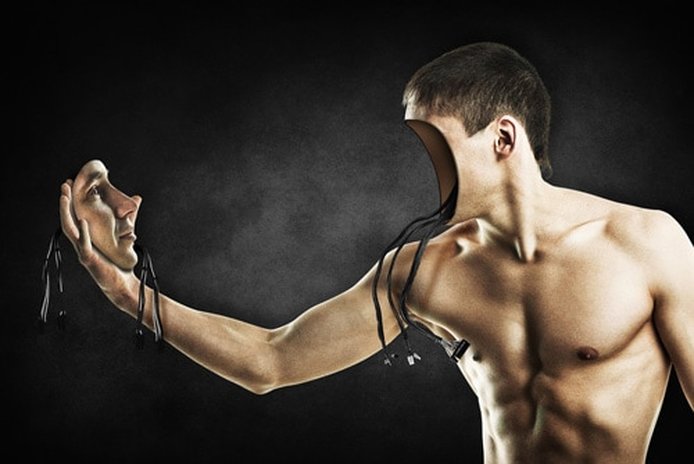|
Happy New Year! No, I’m not going to talk about new year resolutions or diets or cutting out alcohol. You’ll get enough of that elsewhere during January. Instead I’m going to talk about what it means to be a human being. Woah! That’s a bit heavy, isn’t it? Bear with me. We’ll soon get back onto the subject of how to better manage a law firm in 2017. So – being a human. What’s that all about? This week sees the CES 2017 technology show in Las Vegas where new gadgets are released to the oohs and aahs of waiting journalists and tech geeks. From TVs as thin as wallpaper to virtual reality exercise bikes for toddlers and fridges that can answer the question “what’s for tea?”, CES provides a window into the near future. Everything from hairbrushes to shorts will be “smart”. Self-driving cars are the least of it. We will soon have the power to do anything at any time from anywhere. And to know anything at anytime anywhere.
We are entering an age where humans are limited not by their physical ability, knowledge or education but by their broadband and wallet. For law firms trying to determine their future shape and direction, this has immediate implications. Just knowing that the technology could be available shapes client expectations now. The speed and accuracy of AI and blockchain technology promises to create exponential change in the business world especially banking and insurance. The interplay of AI and blockchain has the potential to do away with the need for lawyers to create contracts in given circumstances. The Swedish Land Registry is attempting to demonstrate blockchain’s effectiveness at speeding land sales. Certainly, lawyers will no longer be required to manage straightforward processes and enter data as they once were any more than they are now expected to write contracts in pen and ink. Contracts will be made at the speed of bits per second. We can expect this change to come sooner than seems possible now as we are already climbing the exponential change curve. As Bill Gates once said, “We always overestimate the change that will occur in the next two years and underestimate the change that will occur in the next ten. Don't let yourself be lulled into inaction.” Previous technology revolutions largely automated manual labour (in industries such as agriculture and manufacturing) or shifted the location of labour (such as laundry or telephony) from communal to the home. This is different: the professionals and knowledge workers are under siege in a way not seen since Microsoft launched Excel in 1985, and spreadsheets were going to eliminate the need for accountants. Is this then, the end of lawyers? Nope. In fact, according to Deloittes, the number of accountants more than doubled between 1981 and 2011. The same report explains how technology affected jobs in the past and draws a sharp distinction between how technology affected routine jobs on the one hand and non-routine jobs on the other. Routine jobs such as bank clerks were reduced (sometimes dramatically) while non-routine jobs were enhanced by technology so that what was impossible or prohibitively expensive became possible and affordable. The impact of technology on non-routine jobs is, therefore, to dramatically increase the demand both for what is now available and for the humans to deliver it. Or in other words, humans+computers beat computers as indeed any chess player will tell you. The result of using technology to enhance non-routine work is a better, cheaper, more accessible offering that leads to an increase in demand. Nobody is suggesting that law firms will be entirely staffed by AI enabled robots with one caretaker to dust them off. We will certainly see a huge reduction in staff numbers doing data entry or pure process management with the obvious overhead costs associated with that. Form filling and filing will be a thing of the past and certainly something clients will not expect to have to pay for. But this does not mean the end of lawyers, far from it. What we are most likely to see is the transition of the lawyer from form filler to strategist. From backroom to boardroom. That is the opportunity here. It will require lawyers to build even stronger relationships with clients (who will themselves be going through a similar fundamental restructure). Dare I say it, it will require lawyers to be truly human. It will require lawyers to do what humans do best: adapt and survive in a changing world. Happy 2017!
0 Comments
Your comment will be posted after it is approved.
Leave a Reply. |
Richmonte WellsSign up here for our latest insights. We promise only ever to send you relevant, useful and practical information designed to help you to achieve your business objectives or promote new ideas. Published workWe invest in developing ideas so we can share them.
Archives
August 2017
Categories
All
|
Richmonte Wells |
Services |
Sectors |
© COPYRIGHT RICHMONTE WELLS.
ALL RIGHTS RESERVED.
ALL RIGHTS RESERVED.


 RSS Feed
RSS Feed